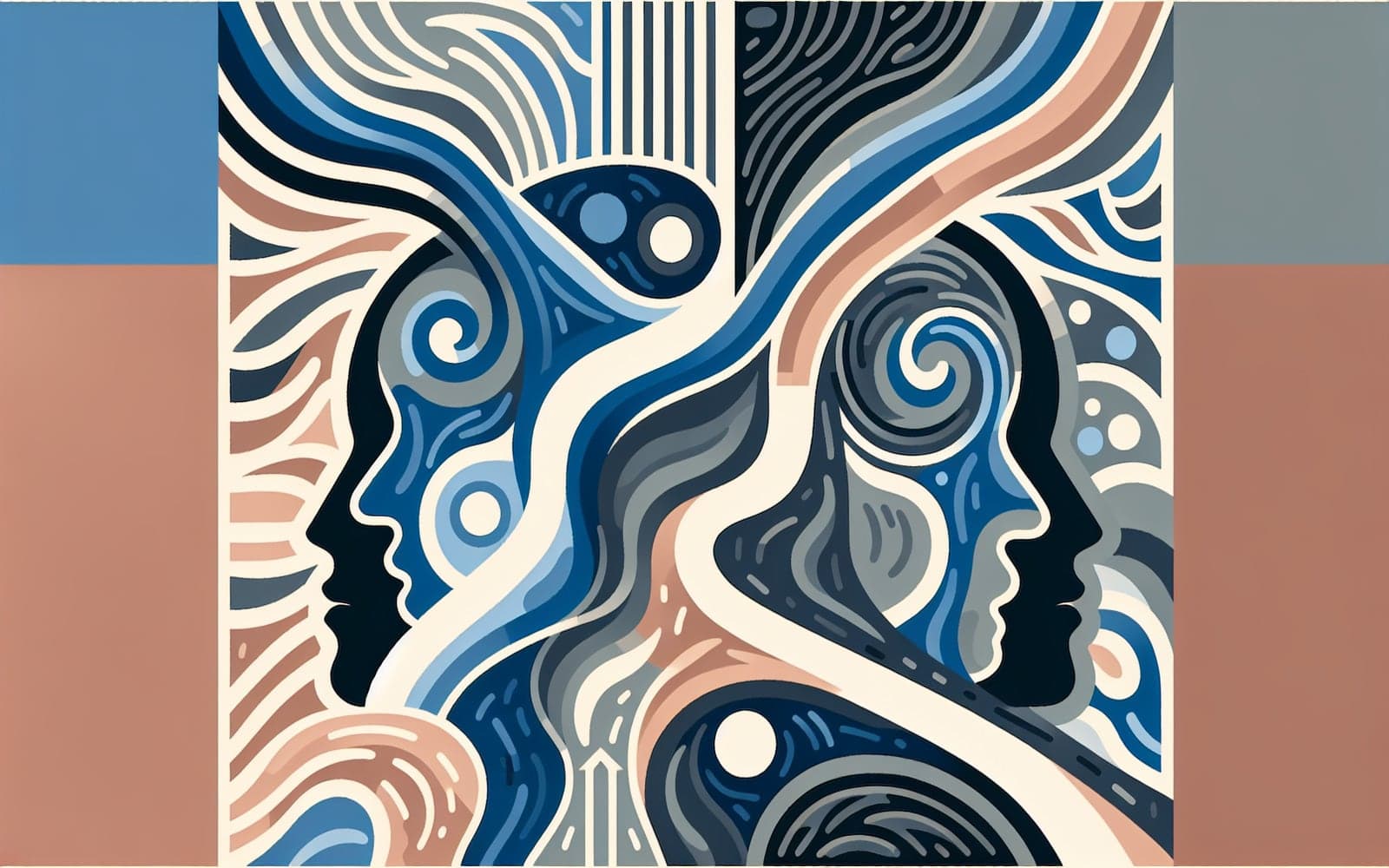When Your Body Goes Numb: Unraveling Patterns of Sensory Loss
Published: Dec 13, 2023
Sensory loss isn't random - it often follows specific patterns that can reveal what's going on in your body. This article explores common patterns of sensory loss and what they might mean.
Contents
The Stocking-Glove Mystery
'Stocking-glove' sensory loss affects the hands and feet in a pattern resembling gloves and stockings. This often points to a condition called peripheral neuropathy, where nerves throughout the body are damaged. Common causes include diabetes, vitamin deficiencies, and certain medications. The loss typically starts in the toes and fingers, gradually moving up the limbs.
One-Sided Sensations
When sensory loss affects only one side of the body, it often indicates a problem in the brain. This could be due to a stroke, tumor, or other brain lesion. The side of the body affected is opposite to the side of the brain where the problem is. For example, numbness on the left side of your body might mean an issue on the right side of your brain.

The Cape and Belt Patterns
Some patterns of sensory loss have descriptive names. 'Cape' distribution affects the shoulders and upper arms, like a cape draped over the shoulders. This can indicate a problem in the cervical (neck) part of the spinal cord. A 'belt' or band-like area of sensory loss around the torso might suggest an issue with a specific level of the spinal cord.
Frequently Asked Questions
Yes, anxiety can cause temporary numbness or tingling sensations.
Not always, but unexplained or persistent numbness warrants medical evaluation.
Severe dehydration can cause numbness, but it's not a common cause.
No, temporary numbness can have benign causes like pressure on a nerve.
Key Takeaways
Recognizing patterns of sensory loss can provide crucial clues about your health, guiding you and your doctor towards the right diagnosis and treatment.
Experiencing unusual patterns of numbness or tingling? Discuss your symptoms with Doctronic to get personalized insights.Related Articles
References
Barohn RJ. Approach to peripheral neuropathy and neuronopathy. Semin Neurol 1998; 18:7.
Kim JS. Pure sensory stroke. Clinical-radiological correlates of 21 cases. Stroke 1992; 23:983.
Always discuss health information with your healthcare provider.

